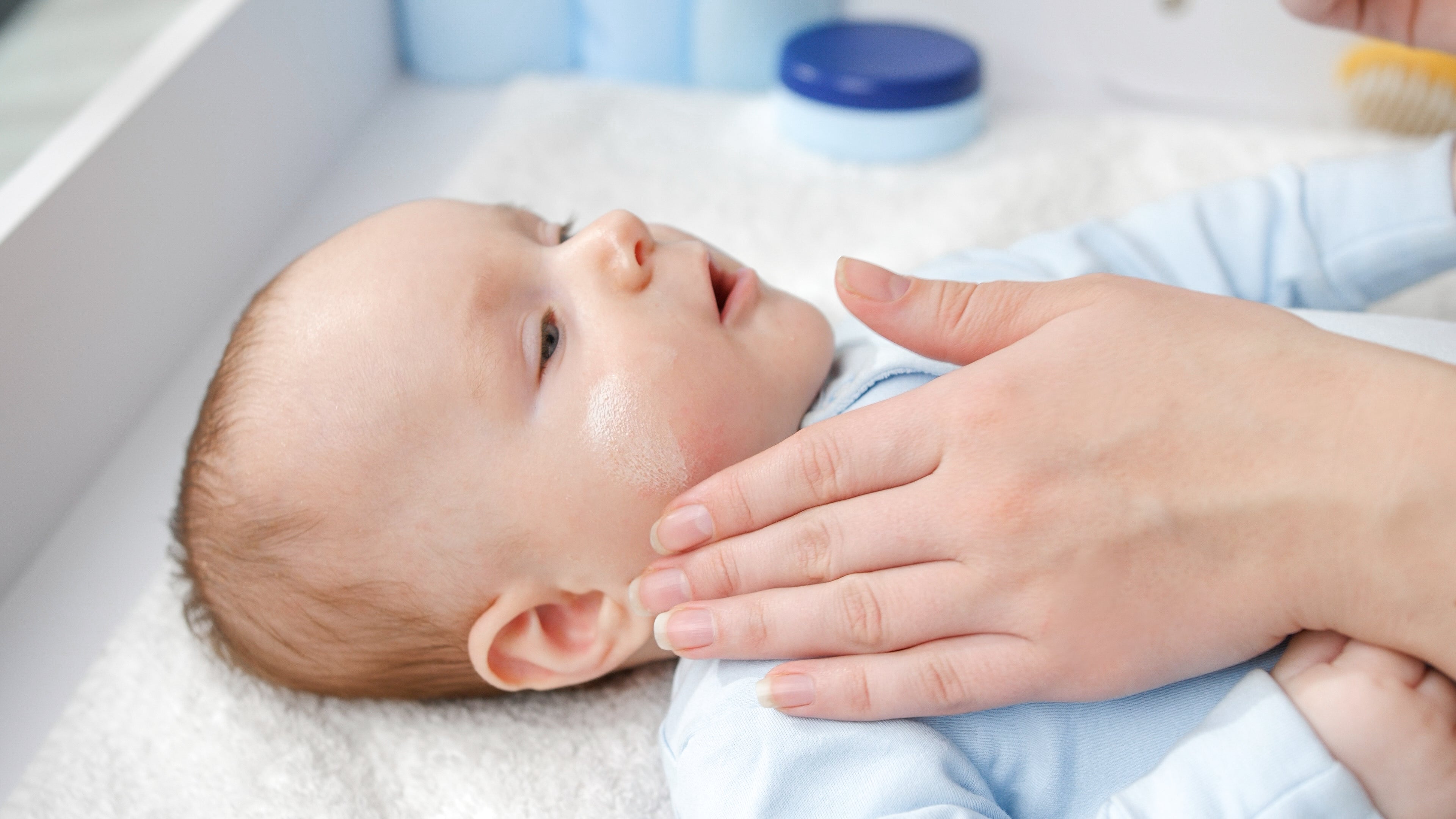
Eczema, The Red Rash That Leaves Your Little One Itching
Babies are known for their soft, smooth and supple skin.
But, wait, we’re missing an important ‘s’.
As a parent, you’ve probably guessed what the fourth one stands for.
Yes, we’re referring to ‘sensitive’.
Baby skin is hyper sensitive, almost wafer thin, and hence prone to a number of allergies and ailments such as eczema.
Did you know, a baby can develop eczema very early on in infancy?
While most outgrow the condition, some require additional support to tackle the itchy and irritating rash.
The key is to treating it head-on before it sets up camp on your little one’s face and body.
In this blog, we’re talking all things eczema.
So, take notes.
Because this is going to be a bumpy ride.
An itch that’s not worth scratching
Eczema, also known as atopic dermatitis, is a chronic and recurrent skin condition.
It is typically associated with symptoms of dryness, irritation, and itching.
The rash is red and bumpy and can manifest in several different ways.
For instance, bubbling up, oozing out, scaling or crusting over.
It’s important for parents to be aware that eczema can appear on the face, neck, scalp, mouth, eyelids, wrists and ankles of infants under 6 months old.
Older babies, however, may also develop a case of eczema on their elbows and knees.
Research indicates that approximately 5 to 20 % of infants develop this condition, with 60 % experiencing their first symptoms between 3 to 6 months.
Causes range from family history of eczema, to allergies caused by an impaired skin barrier function, and environment triggers.
Look out for these early symptoms
Eczema has a number of tell-tale signs.
So, if you notice the following, you must take action immediately.
- Redness
- Discoloration
- Yellow Patches
- Scaly, Raised Patches
- Puss Filled Bumps
- Bleeding
- Itchiness or Irritation
- Inflammation
- Fever
In addition, you might also notice certain behavioural changes.
- Fussiness
- Loss of Appetite
- Trouble Sleeping
While babies cannot talk, they communicate very effectively through non-verbal cues.
Pay attention.
Listen to what they’re saying.
Identify the right treatment
Don’t let your precious one suffer, there are a ton of treatment options for you to discover…
- Moisturisers
Moisturisers are effective in soothing the symptoms of eczema and keeping your baby’s skin nice and moist. Find one that works best for your little one, for instance, you can never go wrong with Vaseline! Don’t forget to lather it on multiple times a day.
- Topical Creams
Topical steroid creams work well to treat severe cases of eczema, making it a doctor’s first line of defence. When used appropriately, they provide significant relief from itching, and keep irritation and inflammation at bay.
- Wet Wraps
Wet towels or cloth can help to trap the moisture in your baby’s skin, leaving it softer and smoother than before. Use this technique to ease the irritation and provide some much-needed comfort and healing to your child’s scaly skin.
- Antihistamines
Oral antihistamines come to the rescue when a skin care regiment fails to cure the symptoms of eczema. Not only does it alleviate the swelling and discomfort, but it also has sedative properties for better sleep. But, remember, resort to this option after having consulted a doctor.
Now that you’ve got all the information, make an informed decision, not a rash one…



Leave a comment
This site is protected by hCaptcha and the hCaptcha Privacy Policy and Terms of Service apply.